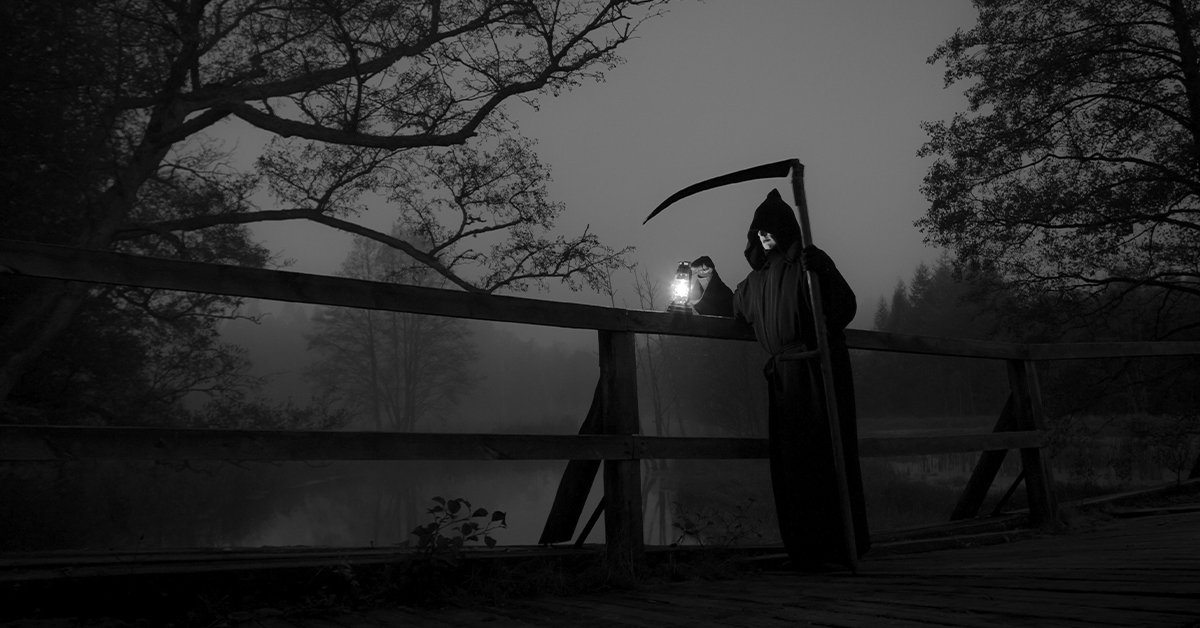Despite being one of the top favorites, the film starring Demi Moore didn’t win a single statuette.

The movie The Substance had everything it needed to sweep the Oscars. It had been critically acclaimed, applauded at festivals, and had made a strong connection with the audience. However, at the awards ceremony, it was only recognized in the Best Makeup category. Some had already expected that, once again, horror would fall short of major recognition from the Academy. What is the issue between the genre and these awards? Why, despite their quality, are horror movies rarely awarded?
Throughout the history of the Oscars, around 350 dramas, 80 comedies, and 45 musicals have been nominated for Best Movie. However, the number of horror or suspense movies does not reach ten. Masterpieces such as Dracula, Psycho, The Shining, Rosemary’s Baby, and Get Out have been ignored. Even The Exorcist, which swept the Golden Globes, failed to win any of the major awards for which it was nominated.
On the other hand, Alfred Hitchcock, considered one of the greats of cinema, never received a competitive Oscar, having to settle for an honorary one. His terse “Thank you” as he accepted the award still resonates as a silent criticism. The history of horror cinema at these awards is, ironically, a tragedy.
Given this pattern, it is worth asking: is it just a matter of taste, or is there something deeper at work? Behavioral science offers some answers. Factors such as confirmation bias, social norms, and status quo bias could influence even an institution that is presumed to be objective and focused on artistic quality.
Confirmation Bias: When Beliefs Outweigh Merits
Confirmation bias is the tendency to interpret information in a way that confirms our prior beliefs. In this case, if horror is considered a “minor genre,” that label influences the assessment of its movies, regardless of their cinematic quality. Unconsciously, voters may detract from a work simply because of its genre, thus confirming a preconceived narrative.
This bias affects both individuals and groups, and in contexts such as awards ceremonies, it becomes a powerful barrier to diversify perspectives. Even when a horror movie stands out for its script, direction, or performances, that initial label outweighs its actual attributes.
The Social Norm: What People “Expect” to Vote for
Social norms are collective beliefs about what is appropriate or desirable in a situation. In the context of the Oscars, historically, drama has been the genre par excellence at the awards, closely followed by some comedies or biopics. Horror, associated with the visceral, the dark, or the fantastic, has been left out of this convention.
Every vote that excludes horror sends a message: that type of cinema is not part of the academic “canon.” Thus, the norm is perpetuated and becomes a circular trap; it is not rewarded because it is not the norm, and it is not the norm because it is not rewarded.
The Status Quo Bias: The Comfort of not Changing
This bias implies a preference for things to remain as they are, especially if change involves uncertainty. “Better the devil you know,” as the saying goes. In the case of the Oscars, this translates into institutional inertia: continuing to reward the same old thing, without risking recognition of genres that could challenge the traditional image of “quality cinema.”
Change means taking risks, and that is something that many institutions avoid, even when there is clear evidence that other options are valid or even better. At this point, the statu quo becomes an obstacle to innovation and the opening of new narrative and aesthetic paths.
Can this trend be changed?
The good news is that it is possible to change the trend, but it is not easy to do so. Behavioral science teaches us that these biases can be weakened when there is a dissonance between beliefs and reality. When the quality of horror movies is so high that the bias can no longer be sustained without contradictions, there begins to be room for change. At least, for questioning, as has happened in the case of The Substance.
Social norms can also be transformed if enough people dare to question them and act against them. And the status quo can give way if a more promising future than the known past is envisioned.
Seeing differently
Beyond cinema, this phenomenon reminds us that we are all influenced by biases, norms, and inertia. Whether in the world of entertainment, in our organizations, or in everyday life, it is worth asking ourselves: What ideas am I perpetuating without realizing it? What talents or possibilities am I leaving out by following the established norms?
The first step in changing a system is to become aware of how we are sustaining it. Perhaps the Oscars do not reward horror because, deep down, they are still afraid to face what deviates from the norm.
